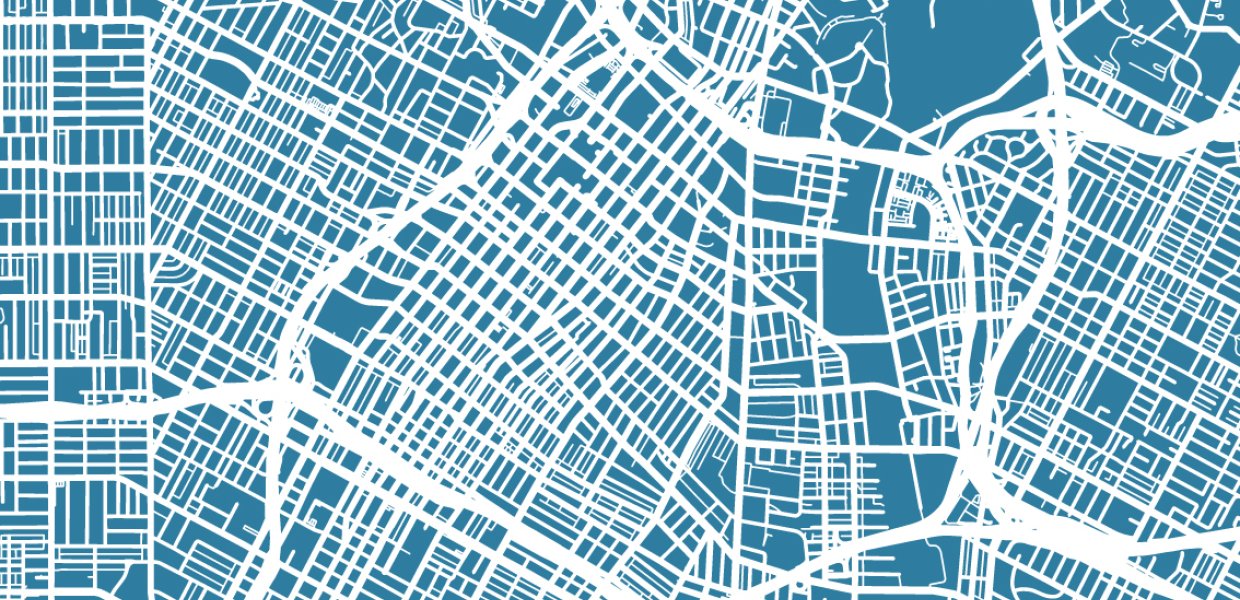For the past four years, USC Annenberg Associate Professor of Communication Hernan Galperin has used surveys, field experiments and other quantitative methods to understand how a lack of broadband internet adversely affects communities in Los Angeles County. Now, thanks to a Michelson Spark Grant from the Michelson 20MM Foundation, Galperin will be able to expand the project to the entire state of California.
“Policymakers and community organizations working to close the digital divide need data presented in a way that is both useful and relevant,” Galperin said. “The new grant will allow us to expand our geographical reach to the state of California as a whole, but also to build a new interface and add more data layers. Ultimately, this is a tool for researchers, government agencies and digital equity advocacy organizations.”
Founded by Dr. Gary K. Michelson and Alya Michelson, the Michelson 20MM Foundation is dedicated to ensuring that everyone — particularly the most vulnerable populations — has access to the equitable post-secondary educational opportunities that lead to meaningful careers. The Spark Grant program is Michelson 20MM’s innovative, just-in-time grantmaking process, created to fill urgent needs for education organizations that are well-aligned with the foundation’s focus areas. The foundation seeks to fund highly impactful initiatives that would not be possible if they needed to wait through a traditional grant decision timeline. Galperin’s work will form part of Michelson 20MM’s inaugural Digital Equity Spark Grant cohort.
Galperin and his team have been working to illustrate the digital divide that exists in Southern California — and to provide the necessary information to drive positive steps towards addressing the inequity. In 2017, his Connected Communities and Inclusive Growth (CCIG) project launched the Mapping the Digital Divide in LA initiative, which compiles the most recent broadband deployment and adoption data into an easy-to-use interactive map. Local governments — including the City of Los Angeles and the City of Long Beach — and community organizations have turned to the map when constructing their own programs and initiatives. Cited by the Los Angeles Times, the Los Angeles County Office of Education, and other institutions, the CCIG project is one of the premier sources of information available in the fight against digital inequity, and now it’s ready for statewide expansion.
The new grant will enable the statewide iteration of the CCIG project to:
- Expand the thematic scope of the work to include other data sources such as measurements of digital literacy and actual broadband speeds (as opposed to currently reported advertised speeds).
- Expand the platform interface to include heatmaps and other visualization functionalities.
- Expand the geographical granularity of the data from census block-level data reporting to addressed-based data reporting.
- Expand the current analysis of residential broadband availability and individual use to include connectivity at schools, libraries, and community centers as well as by small businesses.
- Expand USC Annenberg’s ability to respond to specific requests for data and analysis by local policymakers and practitioners.
- Expand the visibility and use of the platform by third parties through training seminars and other outreach activities.
Phillip Kim, CEO of the Michelson 20MM Foundation, said that the Michelson 20MM’s inaugural Digital Equity Spark Grant round has awarded $125,000 to five organizations. “Through the combination of scalable solutions, research, and education, five coordinated and complimentary projects truly address every dimension of the digital divide,” Kim said. “Michelson 20MM will continue to help inform the digital equity conversation through the CCIG project, and we hope that the data surfaced will promote sound policy solutions for all California residents.”
